This ‘documentary’ of the lives and careers of Marcus Clarke, Adam Lindsay Gordon and Henry Kendall presents a detailed account, based on extensive research into difficult-to-access material in obscure publications, of the three writers’ work in prose and poetry. This is set in the contexts of the ramifying vicissitudes (of health, and familial, financial and professional difficulties) of their personal histories, within the Bohemian milieu of Melbourne and the larger domain of later 19th-century Australian history and culture.
Michael Wilding’s decision not to deal exhaustively with each of the authors in sequence, but to move back and forth between them, gives variety and some telling contrasts to the narrative, accentuating both the similarities and differences between the men’s lives and fortunes and their creative achievements (as well as their interactions with each other and various other figures of the literary and larger world). The oscillation takes some getting used to, but the method is vindicated as you proceed and it adds to the liveliness of the account. On occasion, the three are brought together, as in their associations (if at different times) with the Yorick Club, of which (inevitably) they were ‘the literary stars’ and in this succinct summary of their contrasting characters:
This is how the mercurial Clarke – upper-middle-class Englishman, Bohemian, man of the theatre, flâneur, columnist, wit – could appear to the rather gloomy, wage-slave Native Australian Poet Kendall. In Gordon, however, no less upper-middle-class, but withdrawn and often melancholic, Kendall found congenial company, and Gordon reciprocated the friendship.
And Clarke supported Gordon’s poems, writing that:
In such poems as the ‘Sick Stockrider’ we perceive the genuine poetic instinct united to a very clear perception of the loveliness of duty and labour.
And he closes with an epigrammatic flourish:
This is genuine. The writer has ridden his ride as well as written it.
Yet, Gordon – his friend James Moloney observed – was one of the worst readers of his own verse he ever heard.
Several striking themes emerge through this large and important book. Particularly from today’s perspective, the instability of the men’s existences (and the various occupations they undertook in the attempt to survive) is astonishing by virtue of its almost devil-may-care precariousness. This, rather more than the specifically ‘Bohemian’ elements (of hearty drinking, womanising, brushes with the law and a sense of fringe-dwelling amongst theatrical types and society’s outsiders) gives to their lives an almost heroic quality: to have achieved as much as they did in literary terms in the face of ongoing adversity.
Then – related to this – there is the strong sense of masculine qualities (if one is still permitted to use that phrase), including the world of sportsmanship and gentlemen’s clubs. Gordon’s skill as a horseman was legendary and there are detailed accounts of his many feats on horseback. His collection, Bush Ballads and Galloping Rhymes captures, in its title, the connection between poetry and riding, but less appealing is the fact that Gordon recognised animal suffering in such ‘sport’ while persisting in pursuing it, in brutal cross-country racing and the steeple-chase:
The continual hard raps on heavy gum or stringy bark rails, coupled with the constant jarring shocks caused by landing on a soil baked by an Australian sun, is enough to cripple the strongest knees and wear out the roughest sinews in very few seasons.
The book is arguably at its best when Wilding focuses on the men’s writing itself – the ways in which it was composed, published and disseminated and in consideration of its various qualities. An example is the evocative account of a poem written while Gordon was staying with the Power family at Myrnong. Mrs Power remembered Gordon ‘sitting under the trees’ with her five-year-old daughter, in a Carrollesque tableau:
One balmy afternoon in these lengthening spring days, as they sat together on a seat beneath a tree, the little girl asked him to gather her a bunch of flowers, and began to moralize in childish fashion about the poor blossoms that die when you pluck them…. Hereupon the poet fell into a train of meditation, and, while the child played round about, he wrote on a scrap of paper the mournful lyric he called ‘A Song of Autumn’. ‘Where shall we go for our garlands glad / At the falling of the year…’.
Wilding’s following commentary on the poem highlights the odd fact that this lament is written in the Australian spring, but may be seen to be anticipating T.S. Eliot’s reflection that that season can be the cruellest time, stirring autumnal melancholy rather than the anticipated seasonal joie de vivre, especially as an older man is in the company of a child.
Most importantly, what we see emerging in the lives and works of these three writers is the ‘establishment of a national school of Australian poetry’. Clarke referred to this in 1875, foreseeing Australia developing ‘a school of poetry peculiarly her own’. In Europe, he writes, ‘every rood of ground is hallowed in legend and song’ and this is true of England, Scotland and Ireland too. The sunburnt country needs its own hallowing, and Clarke gives examples from Kendall, Gordon and several other contemporary writers, and in the prose in which he is advocating the ‘school’, he takes us aptly to the brink of poetry as he evokes and celebrates the unique qualities of the Australian scene awaiting to stir a similarly uniquely Australian poetic voice.
Wild Bleak Bohemia was the joint winner of the Prime Minister’s award for non-fiction last year. Michael Wilding is to be congratulated for providing a book of immeasurable value to the study and appreciation of Australian literature and of the lives and works of these three writers in particular.
Got something to add? Join the discussion and comment below.
Get 10 issues for just $10
Subscribe to The Spectator Australia today for the next 10 magazine issues, plus full online access, for just $10.
Barry Spurr was Australia’s first Professor of Poetry and Poetics
You might disagree with half of it, but you’ll enjoy reading all of it. Try your first month for free, then just $2 a week for the remainder of your first year.

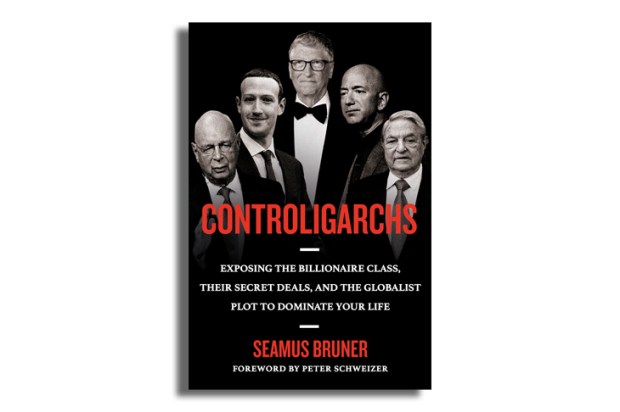
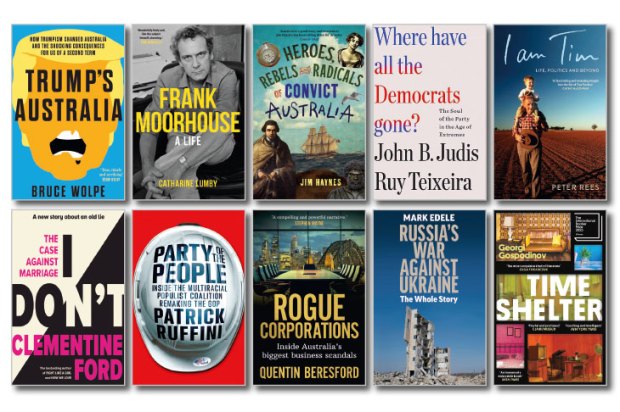
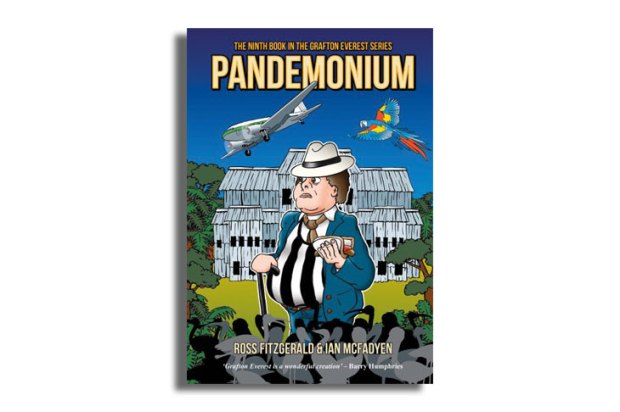
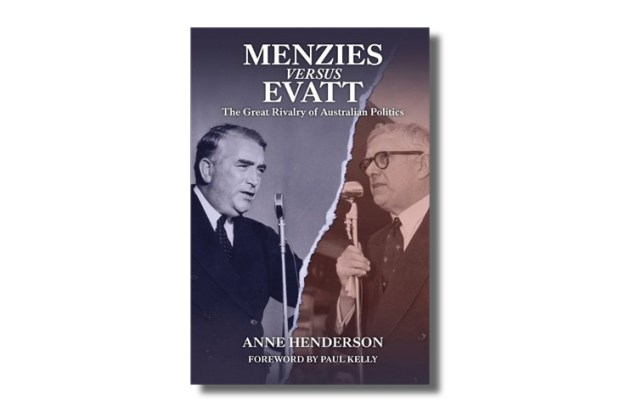
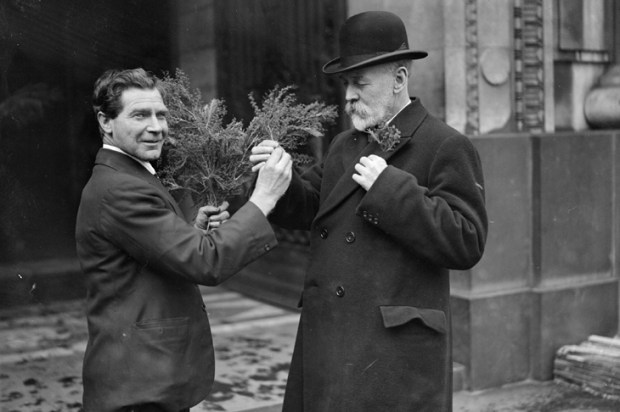
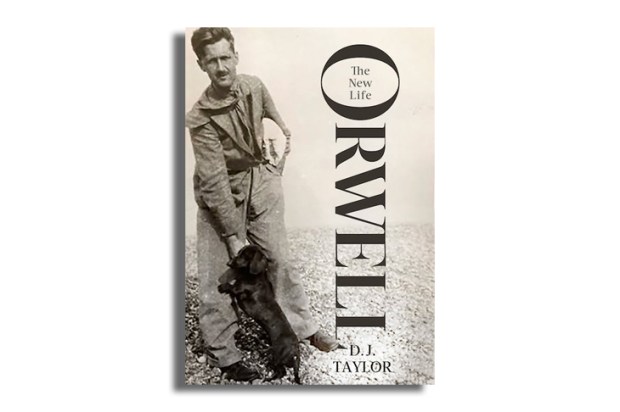






Comments
Don't miss out
Join the conversation with other Spectator Australia readers. Subscribe to leave a comment.
SUBSCRIBEAlready a subscriber? Log in